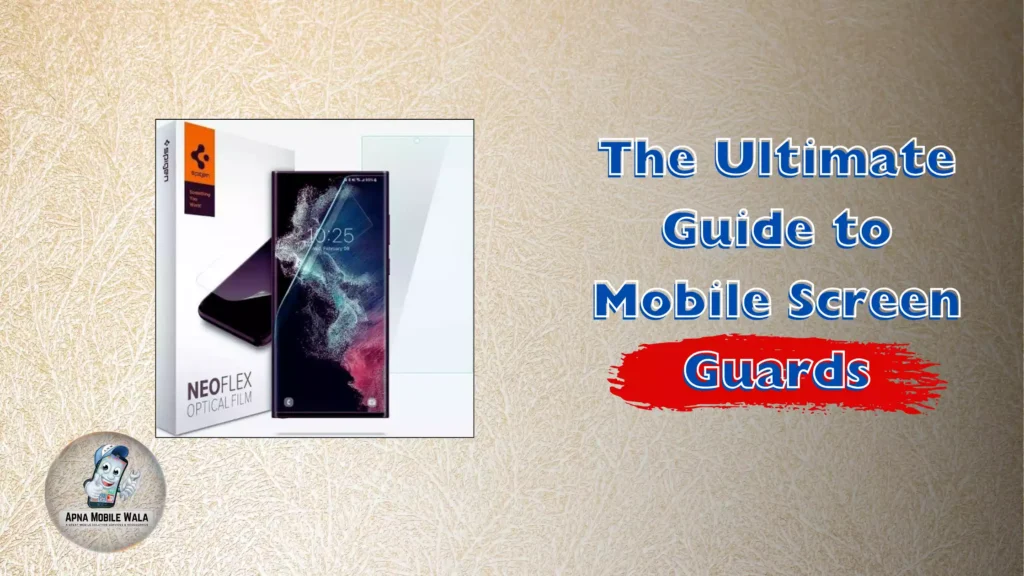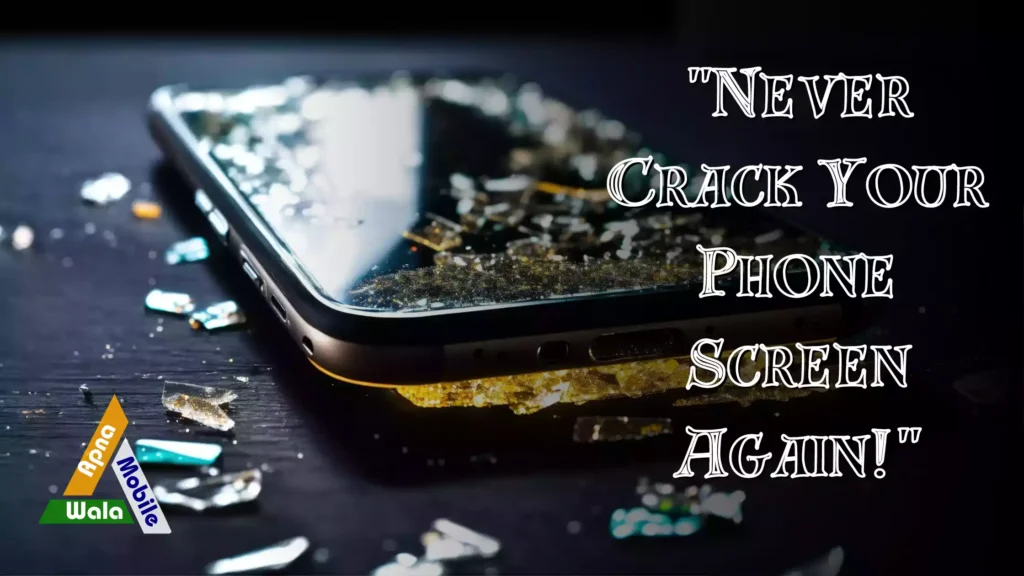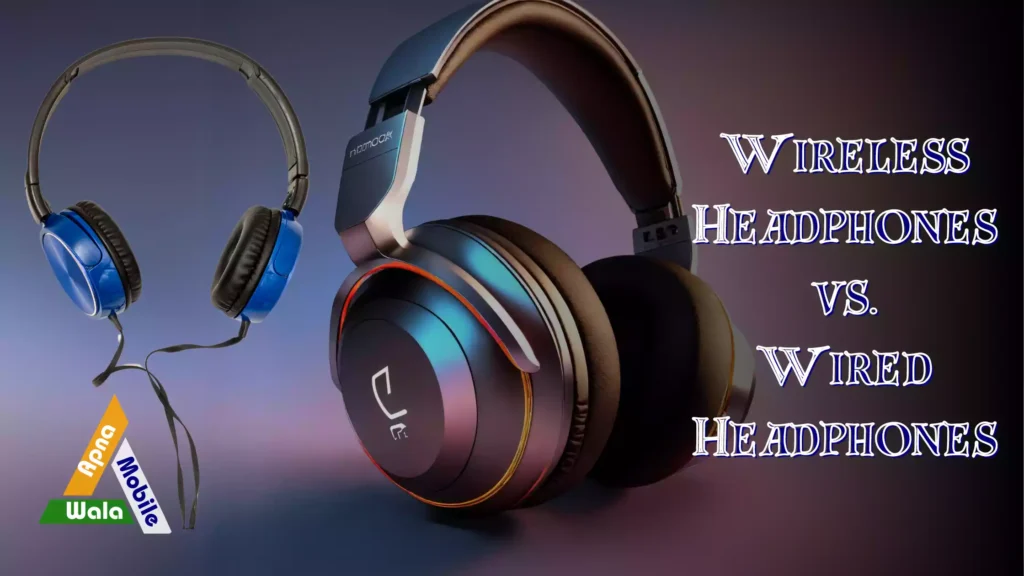In today’s smartphone-driven world, protecting your device’s screen is essential. One of the easiest ways to do this is by using a screen guard. However, with various types available, choosing the right one can be overwhelming. In this guide, we’ll break down the different types of screen protectors to help you make an informed decision.
1. Tempered Glass Screen Protector
Tempered glass is one of the most popular and durable types of screen protectors. It is made by heating and rapidly cooling glass to enhance its strength. This type of protector provides excellent impact resistance and protects your screen from scratches and cracks caused by accidental drops.
- Pros: High durability, smooth touch experience, excellent clarity.
- Cons: Can be slightly thicker than other screen guards.
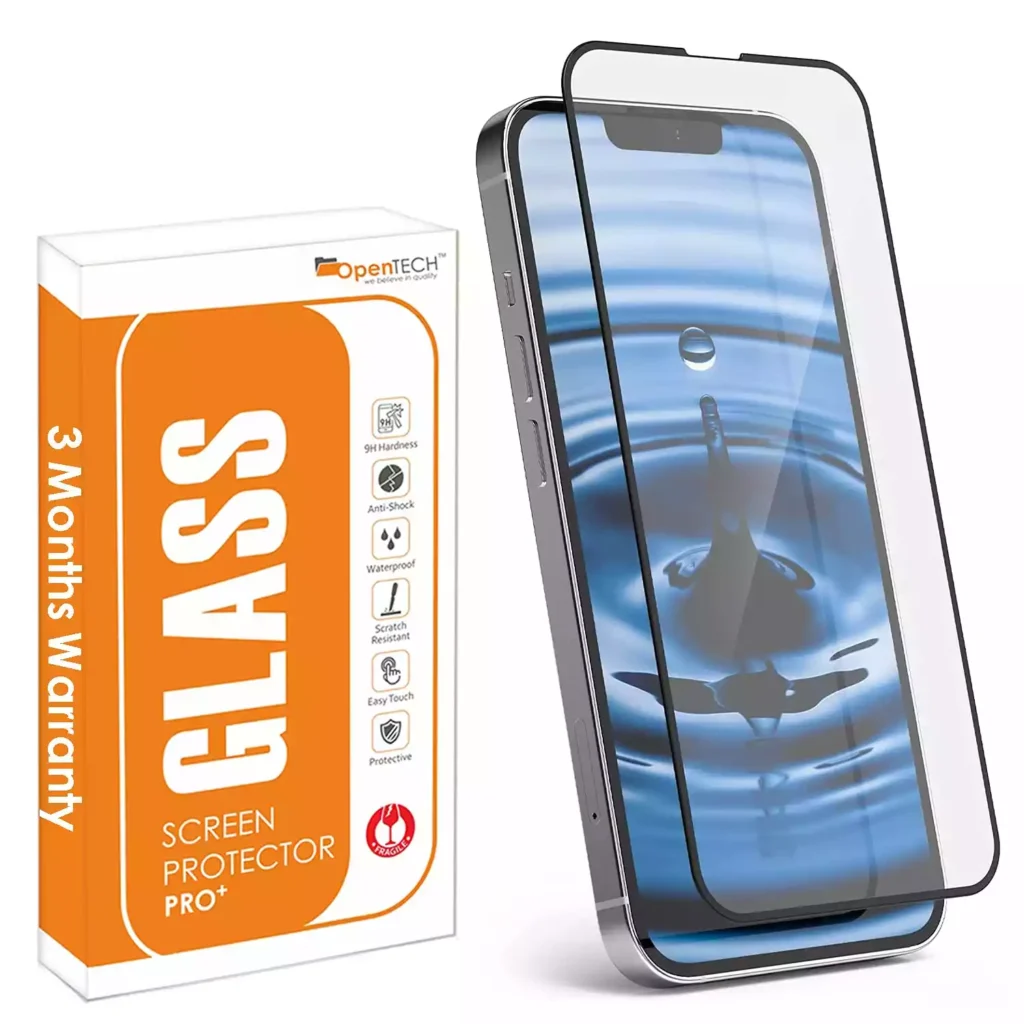
2. Matte Screen Protector
Matte screen protectors are known for their anti-glare properties. They have a textured finish that reduces reflections from sunlight or indoor lighting, making it easier to view your screen in bright environments. Additionally, the matte surface helps reduce fingerprints and smudges.
- Pros: Anti-glare, reduces fingerprints, smoother to the touch.
- Cons: Slight reduction in screen clarity compared to tempered glass.
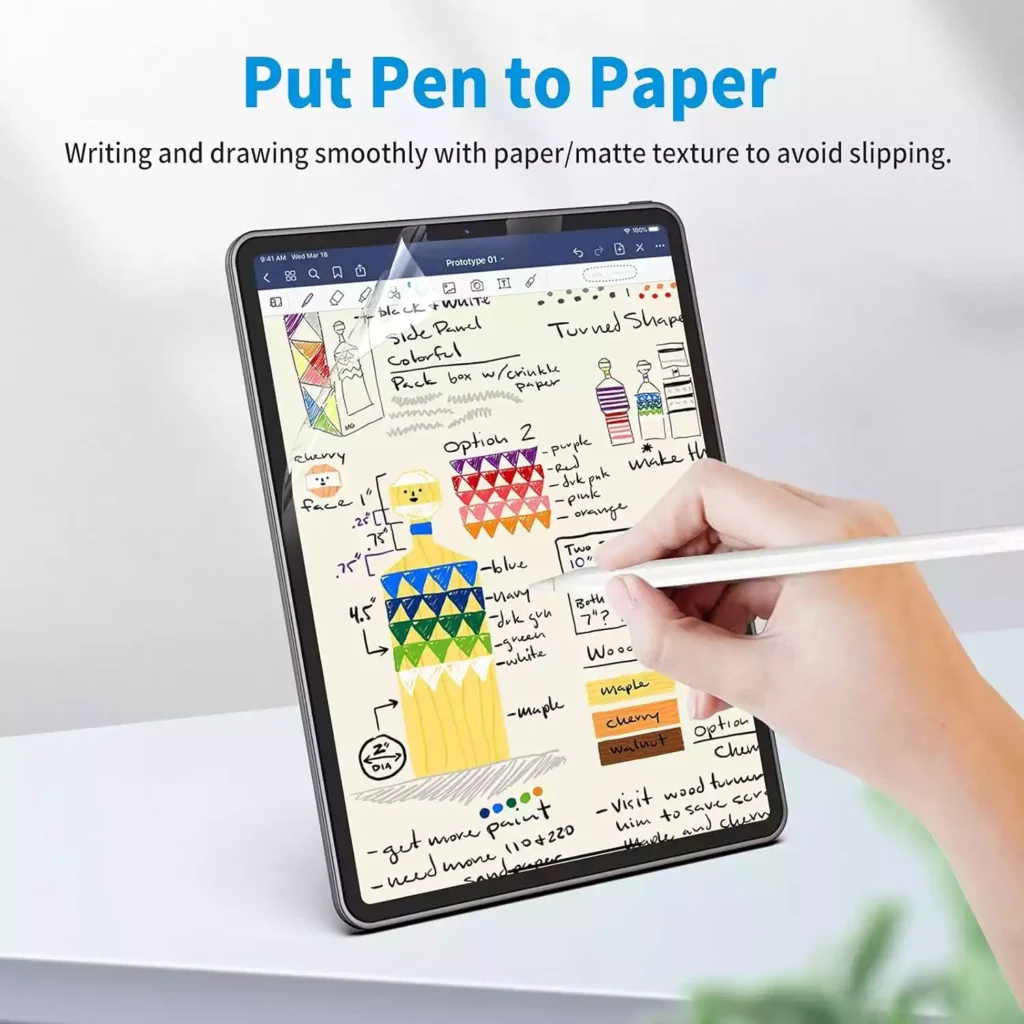
3. Privacy Screen Protector
Privacy screen protectors are designed to prevent others from viewing your screen from side angles. They are perfect for those who use their phones in public places and want to keep their information private. The screen appears clear when viewed straight-on, but darkens when viewed from an angle.
- Pros: Protects privacy, still offers good screen protection.
- Cons: Slightly reduces screen brightness.
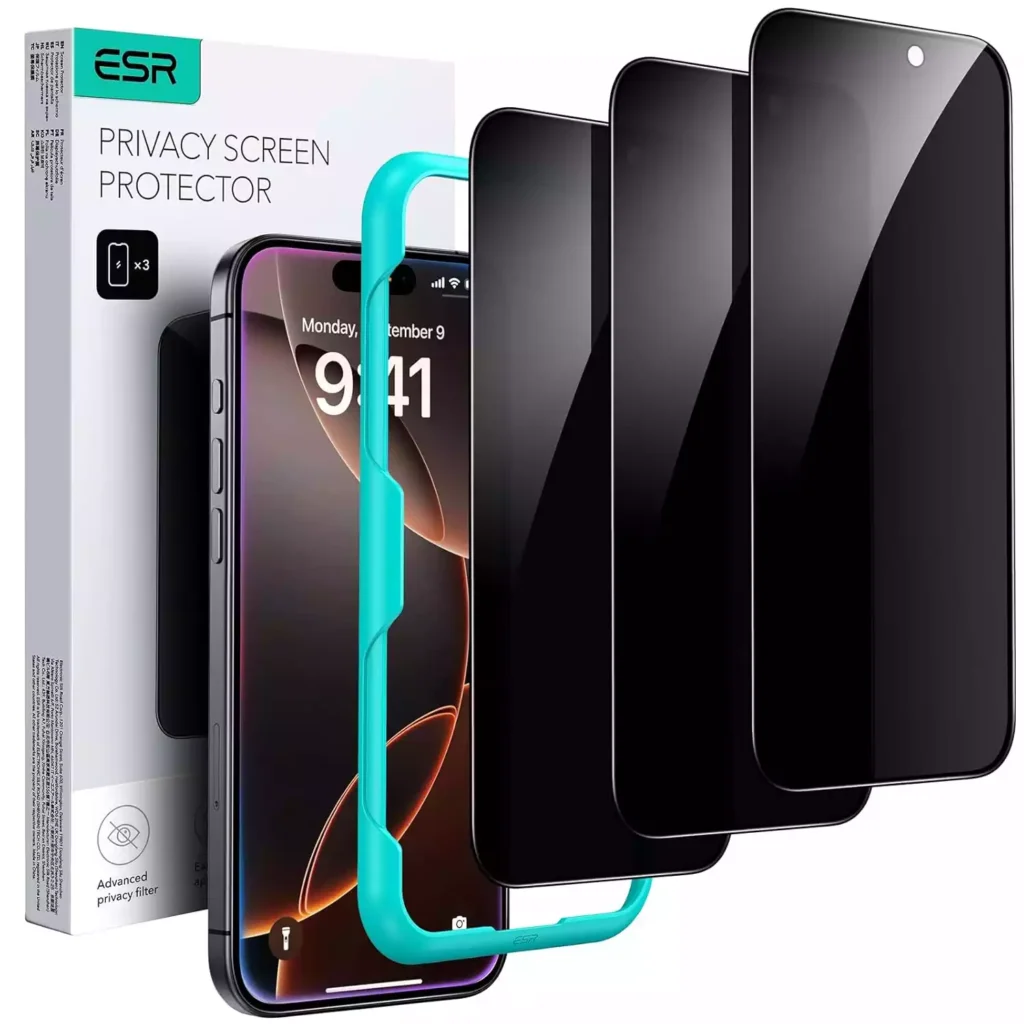
4. Anti-Glare Screen Protector
Similar to the matte protector, the anti-glare screen protector reduces light reflections and glare, making it easier to see your screen in bright conditions. It’s particularly helpful for outdoor use or in well-lit areas.
- Pros: Reduces glare, and offers basic screen protection.
- Cons: May reduce clarity and colour vibrancy.

5. Hydrogel Screen Protector
Hydrogel protectors are made from soft, flexible material that can heal minor scratches over time. They offer great coverage, especially on curved-edge screens, and are ultra-thin, ensuring minimal interference with touch sensitivity.
- Pros: Flexible, self-healing properties, great for curved screens.
- Cons: Less impact resistance compared to tempered glass.

6. Oleophobic Coating Screen Protector
Oleophobic screen protectors are treated with a special coating that repels oils and fingerprints. This ensures that your screen stays cleaner for longer, and any smudges that do appear are easy to wipe off.
- Pros: Repels oils and fingerprints, easy to clean.
- Cons: It may wear off over time and require replacement.

7. 3D/Curved Screen Protector
3D or curved screen protectors are designed to cover the entire display, including the curved edges found on many modern smartphones. They provide a seamless look and complete protection, but proper installation is crucial to avoid air bubbles.
- Pros: Full-screen coverage, sleek design.
- Cons: More expensive, difficult installation.
8. UV Tempered Glass Screen Protector
This is a premium version of tempered glass that uses UV light and glue for strong adhesion. It is highly durable and offers superior protection for curved and flat screens. UV tempered glass protects your screen while maintaining excellent touch sensitivity and clarity.
- Pros: Strong adhesion, excellent clarity, high durability.
- Cons: Complex installation process.
Conclusion
Choosing the right screen protector depends on your personal needs. If you need high-impact resistance, tempered glass is your best bet. An anti-glare or matte protector may be ideal if you frequently use your phone outdoors. Privacy protectors are perfect for maintaining discretion in public, while hydrogel protectors offer great flexibility and healing for minor scratches.
No matter which type you choose, adding a screen protector will extend the life of your phone’s display.
Thanks for Reading!
Read more:
How to Protect Your Phone Screen
The Best Tech Gadgets and Devices of 2024
How to Secure Your Online Accounts from Hackers
Eco-Friendly Mobile Accessories

